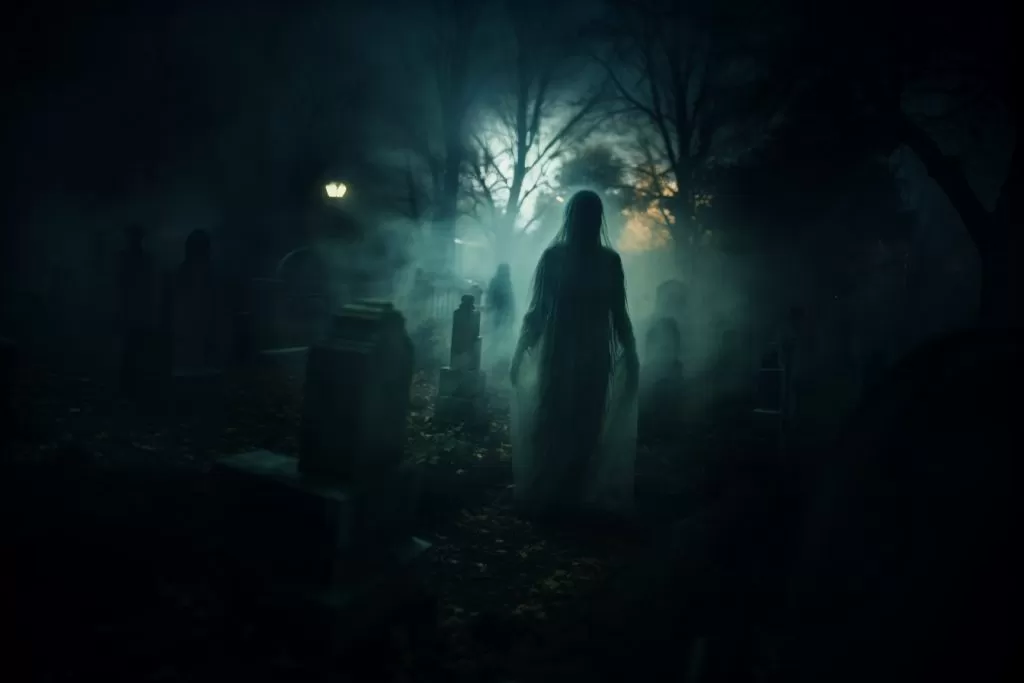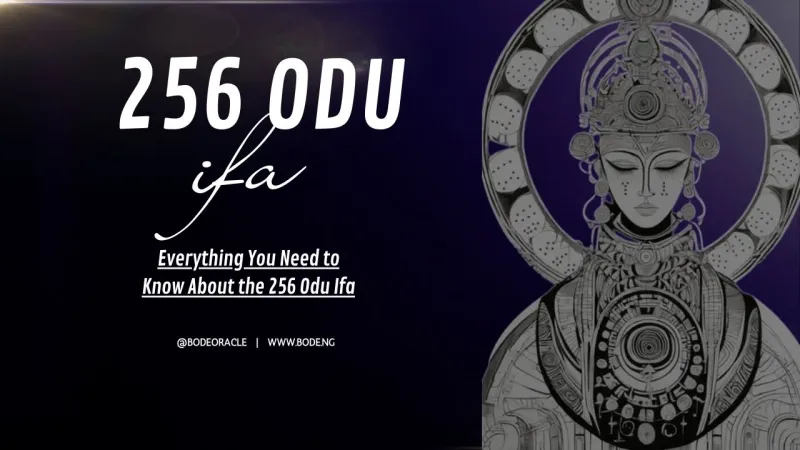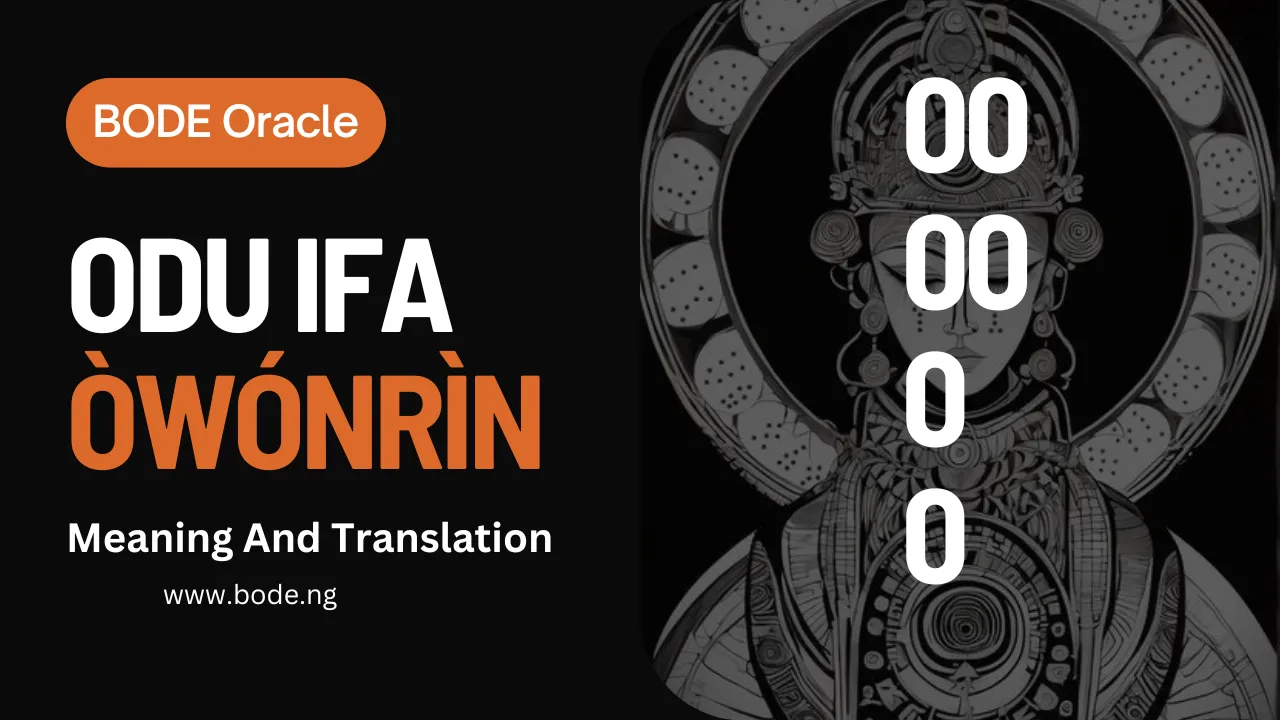Discover the spiritual and psychological reasons behind seeing ghosts in dreams.
Learn how fear, emotional imbalance, sleep posture, and negative thoughts can trigger these visions, and uncover practical steps to overcome them for a peaceful sleep.
The Real Meaning of Seeing Ghosts in Dreams
A Spiritual and Psychological Interpretation
Dreams are a window into the subconscious, often reflecting our deepest fears, emotions, and beliefs. Among the many types of dreams, seeing ghosts can be particularly unsettling.
If you’ve recently had a dream about ghosts and are seeking a deeper understanding of its meaning, you’re not alone.
This phenomenon is common, and its interpretation can vary based on your emotional state, beliefs, and even your physical sleeping habits.
Let’s explore the possible reasons why you might be seeing ghosts in your dreams and what they could mean for your life.
1. Fear of the Unknown
One of the most common reasons for seeing ghosts in dreams is fear—especially fear related to the future. If you constantly worry about what lies ahead and imagine negative outcomes, your subconscious may manifest these fears in the form of ghostly apparitions.
What This Means:
Your dream might be a warning from nature to confront and challenge these negative assumptions. The ghosts symbolize the fears that are haunting your thoughts.
It’s essential to acknowledge these fears, understand that they may not be real, and replace them with positive and hopeful expectations.
2. Living in a Negative Mood
If you find yourself in a negative emotional state throughout the day, even without realizing it, this negativity can carry over into your dreams. The universe may use ghostly dreams to alert you to the need for emotional balance.
What This Means:
Your dream is a call to manage your mood and focus on cultivating positivity. Simple practices like mindfulness, meditation, or engaging in activities that bring you joy can help lift your spirits and prevent these dreams.
3. Sleeping in an Uncomfortable Position
Sometimes, the way we sleep can influence our dreams. For instance, sleeping with your hands on your chest can stimulate the heart, causing discomfort that the mind interprets as a threat, leading to dreams of ghosts or other frightening images.
What This Means:
This is a physical warning. Adjust your sleeping posture to ensure comfort, and avoid placing your hands near your chest. Proper sleep hygiene can significantly reduce the occurrence of such dreams.
4. Emotional Disturbance
Severe emotional disturbances, such as stress, anxiety, or grief, can also trigger dreams about ghosts. The subconscious mind processes these intense emotions by creating symbolic imagery, such as ghosts, to represent unresolved feelings.
What This Means:
Your dream is a reminder to address and process your emotions. Seek support from friends, family, or a counselor if needed, and find healthy ways to express and release your feelings.
5. Watching Horror Movies or Consuming Scary Content
If you’ve recently watched horror movies or read stories about ghosts, your mind may replay these images during sleep. The subconscious stores and processes memories, and vivid or frightening content can easily surface in dreams.
What This Means:
This is a reflection of what you’ve consumed. Limiting your exposure to frightening content before bedtime can help reduce these dreams.
6. Belief in Supernatural Powers
Some people have a fascination with the supernatural and believe that ghosts possess special powers. If you often think about gaining power or knowledge from supernatural entities, these thoughts might manifest in your dreams.
What This Means:
Your dream reflects your desires and beliefs. It’s important to recognize the fine line between fascination and obsession, and to ensure that these thoughts don’t consume your mind or interfere with your reality.
7. Fear of Being Possessed
For those who have a deep-seated fear of being possessed or harmed by spirits, this fear can translate into ghost dreams. Constant worry about supernatural harm can create a self-fulfilling prophecy in your subconscious.
What This Means:
Your dream is urging you to confront and overcome this fear. Educate yourself about the realities of such beliefs, and focus on empowering yourself with positive thoughts and affirmations.
8. Facing Difficult Life Challenges
Life can sometimes present us with difficult tasks or challenges that seem overwhelming. When we take on such tasks without fully understanding their consequences, the universe may send ghostly dreams as a warning to reconsider our actions.
What This Means:
Your dream is a cautionary message to reflect on your current challenges. Are you taking on too much? Are you setting realistic goals? This is a time to pause, reevaluate your path, and make adjustments where necessary.
How to Stop Seeing Ghosts in Your Dreams
If ghost dreams are recurring and causing distress, here are some practical steps to help:
• Practice Positive Thinking: Replace negative thoughts with positive affirmations.
• Manage Your Emotions: Engage in activities that help you release stress and maintain emotional balance.
• Improve Your Sleep Posture: Ensure you’re sleeping in a comfortable position.
• Limit Exposure to Scary Content: Avoid horror movies and frightening stories before bed.
• Seek Support: Talk to someone about your fears and challenges. Sometimes, sharing your concerns can lighten the emotional load.
Conclusion
Seeing ghosts in dreams can be a powerful experience, often serving as a reflection of your fears, emotions, and beliefs.
By understanding the underlying causes and addressing them, you can transform these dreams from frightening encounters into opportunities for growth and self-awareness.
Embrace the messages your dreams bring, and remember: you have the power to shape your thoughts, emotions, and ultimately, your dreams.



